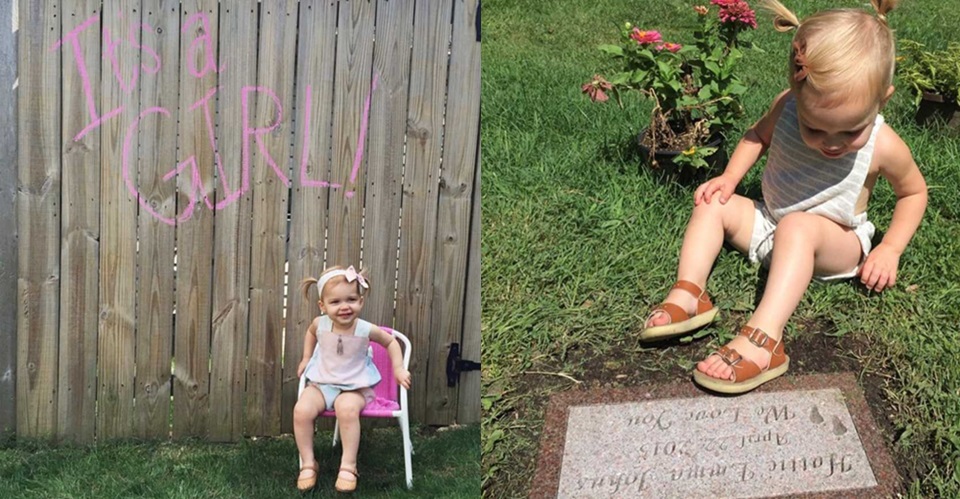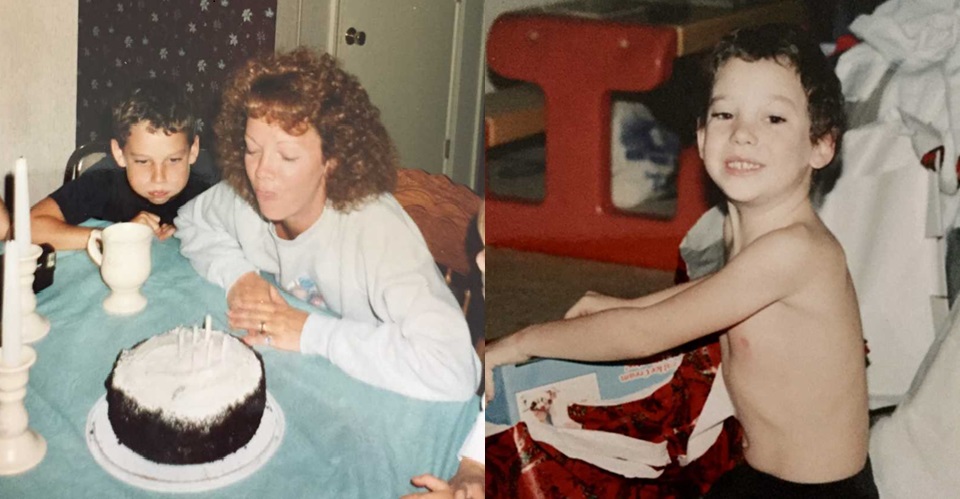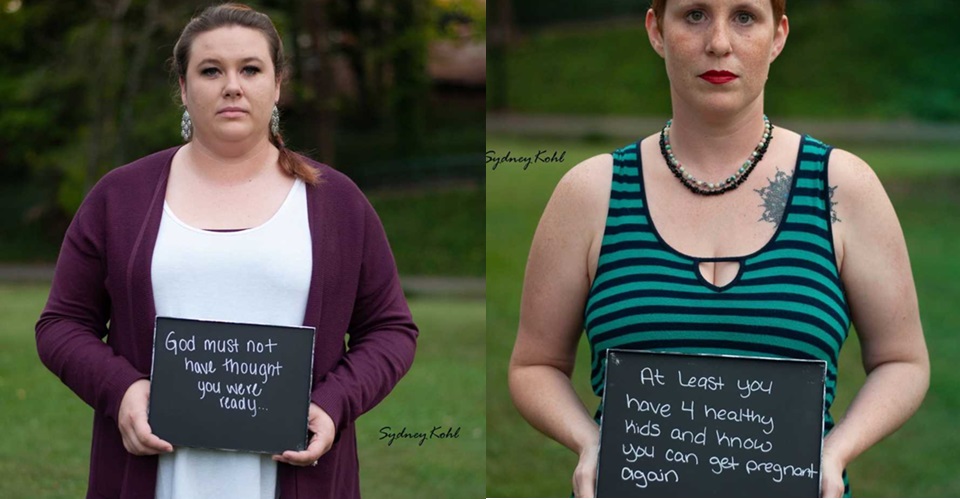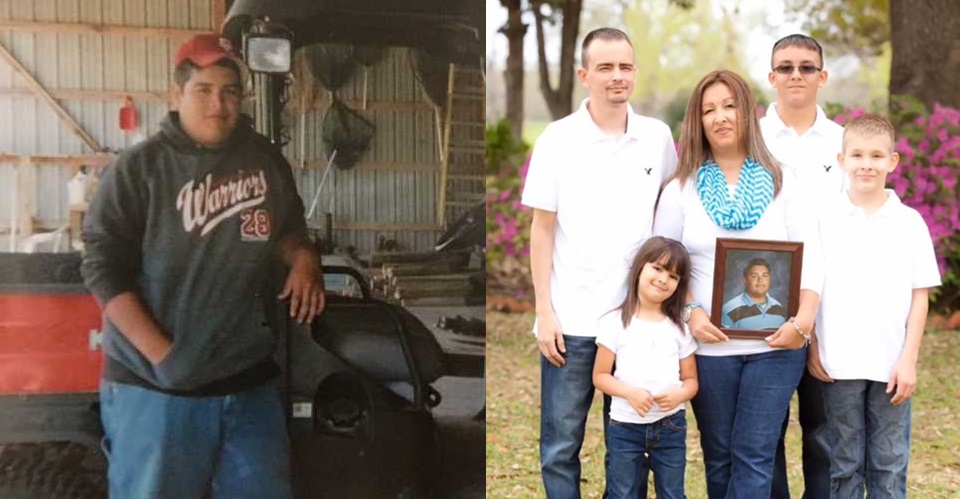When Kristyn Johns and her husband decided to grow their family, their hearts were full of hope. Their daughter Kennedy, was a bright light, and the thought of giving her a sibling filled their home with joy. When the pregnancy test turned positive, excitement took over. They dreamed of tiny clothes, shared giggles, and the day Kennedy would meet her little sister. At first, everything seemed normal. Kristyn felt the usual tiredness, some morning sickness, nothing alarming. Then, around fifteen weeks, she noticed spotting. It was faint at first, just enough to stir fear. Her husband had already left for work, and she sat there, tears forming, wondering if her baby was slipping away. A call to her doctor led to an appointment that changed everything.

She was diagnosed with Placenta Previa, a condition where the placenta lies low in the uterus. It sounded manageable at the time, just words on a medical chart. The doctor placed her on pelvic rest and assured her things could still go smoothly. During that visit, they also learned their baby was a girl. They named her Hattie, a name that seemed to glow with innocence and love. But the bleeding didn’t stop. A week later, it worsened, and Kristyn was put on partial bed rest. Her once busy days chasing Kennedy turned into long hours lying still, hoping, praying. They even canceled a family trip because traveling could be dangerous. Kristyn convinced herself she was fine, that Hattie was fine too.

Then Easter Eve arrived, and everything unraveled. She woke in the middle of the night, drenched in blood. Panic replaced sleep. Her husband rushed her to the hospital while her mother-in-law cared for Kennedy. On the way, Kristyn feared the worst, whispering prayers she barely believed she could finish. Doctors admitted her immediately. Magnesium treatments burned through her veins, leaving her sick and weak. Days blurred together as she fought to stay strong for the baby inside her and the little girl waiting at home. Eventually, she was sent home on strict bed rest, but only a few hours later, the bleeding began again. Back to the hospital she went, this time knowing something deeper was wrong.
At twenty weeks, Kristyn hoped for good news. Instead, doctors told her the amniotic fluid levels were dangerously low. Her husband was away for work when the cramps began again. Her mother drove her to the hospital in the early morning hours, and the silence in the ultrasound room told her everything before the doctor spoke. There was no fluid left. Hattie was alive, but barely. The doctor estimated a one percent chance of survival. Kristyn tried to cling to that single percent, the last thread of hope. Grief counselors arrived to prepare her for what was to come, and she sat in disbelief, torn between denial and unbearable sorrow.

Later that night, Hattie came into the world nineteen weeks too soon. Kristyn felt her move one last time before labor began, a small flutter that she would remember forever. The delivery was quiet, painful, and drawn out. When it was over, Hattie was born at 11:06 p.m., weighing just 7.6 ounces, 8.5 inches long, perfect in every tiny detail. Kristyn held her for hours, memorizing her features, tracing her fingers, pressing every bit of her daughter’s presence into memory. Hattie’s blanket, footprints, and the tiny bear the hospital gave them became sacred.
They laid Hattie to rest in a section of their local cemetery called “babyland.” Kristyn visits often with Kennedy, who talks about her sister as if she’s just away for a while. Some days, Kristyn feels peace. Other days, the ache returns fresh and sharp. She often wonders what Hattie would look like now, what her laughter might sound like, how the sisters would have played together. There are no answers, only memories and love that refuses to fade.

Grief, she learned, is not something one moves past. It is a lifelong companion, quieter over time, but always there. Through sharing her story, Kristyn hopes to remind other mothers facing loss that they are not alone. In connecting with others who understand, she has found a strange kind of healing, a community formed from heartbreak and courage. Kristyn Johns may be part of the one-in-four women who experience pregnancy loss, but her story is also one of resilience, love, and the enduring bond between a mother and her child.











